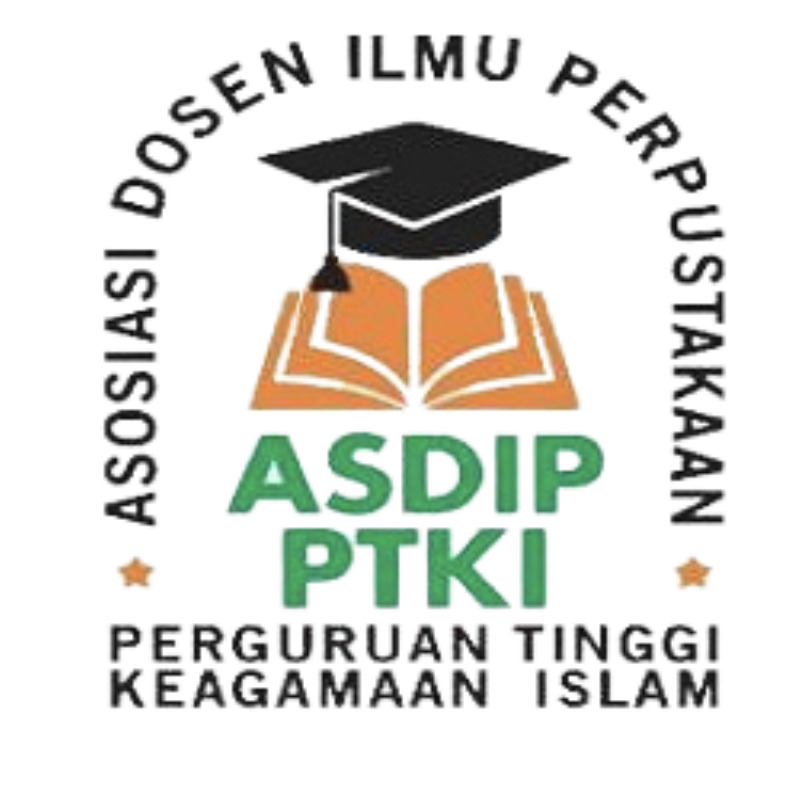Pengembangan Layanan Informasi Berbasis ILL (Inter Library Loan) di Lingkungan Perguruan Tinggi Negeri Kota Malang
DOI:
https://doi.org/10.29240/tik.v6i2.4928Keywords:
Library Information Services, ILL (Inter Library Loan), MILL (Malang Inter Library Loan)Abstract
This research is a research model that specifically examines the development of information and library services along with the development of technology and information that develops in the community using ILL (Inter Library Loan). The research method uses descriptive qualitative in analyzing and reviewing an ILL concept which is implemented in MILL (Malang Inter Library Loan). Libraries along with the development of information technology which is increasingly massive in its existence in the community are required to meet their various complex needs and want fast (instant) things. ILL (Inter Library Loan) offers a solution to overcome the library's efforts in meeting the needs of these users. MILL (Malang Inter Library Loan) is present as an innovation by adopting ILL, especially in the city of Malang in an effort to meet the various needs of increasingly complex library users. The technical efforts and MILL procedural policies are tried to be applied in the Malang city state university library under the legal umbrella of FKP2TN cooperation by holding the principle of information disclosure through sharing various resources owned by the users of each library
Downloads
References
Ahmadi, M., Dileepan, P., & Murgai, S. R. (2013). Predicting demand for inter-library loan requests. Bottom Line, 26(3), 116–128. https://doi.org/10.1108/BL-05-2013-0012
Bankier, J. G., & Gleason, K. (2014). Institutional Repository Software Comparison Text contributed by.
Boukacem, C. (2003). Inter-library loan services and access to electronic resources in french university libraries: A marriage of reason. Interlending and Document Supply, 31(4), 218–227. https://doi.org/10.1108/02641610310506942
Braun, P., Hörnig, L., & Visser, F. (2006). A new approach towards a national interlibrary loan system in The Netherlands: Introducing VDX. Interlending & Document Supply, 34(4), 152–159. https://doi.org/10.1108/02641610610714713
Chowdhury. (2004). Introduction to Modern Information Retrieval (2nd ed.). Facet Publishing.
Nurdin, L., & Mukhlis, S. (2019). Institutional repository as an information infrastructure for scholarly communication: An exploratory study in Indonesia. Malaysian Journal of Library and Information Science, 24(3), 101–114. https://doi.org/10.2452/mjlis.vol24no3.6
Zuntriana, A., & Sos, S. (2015). Program Malang Inter Library Loan (MILL) menuju Konsorsium Repositori Institusional Universitas Negeri di kota Malang. Konferensi Perpustakaan Digital Indonesia Ke-8, November, 1–20. http://repository.uin-malang.ac.id/459/
Downloads
Additional Files
- Pengembangan Layanan Informasi Perpustakaan Perguruan Tinggi Berbasis ILL (Inter Library Loan) (Implementasi Program Malang Inter Library Loan di Lingkungan Perguruan Tinggi Negeri Kota Malang)
- Pengembangan Layanan Informasi Berbasis ILL (Inter Library Loan) di Lingkungan Perguruan Tinggi Negeri Kota Malang
- Pengembangan Layanan Informasi Berbasis ILL (Inter Library Loan) di Lingkungan Perguruan Tinggi Negeri Kota Malang
Published
Issue
Section
Citation Check
License
Authors who publish with Tik Ilmeu : Jurnal Ilmu Perpustakaan dan Informasi agree to the following terms:
- Authors retain copyright and grant the journal right of first publication with the work simultaneously licensed under a Creative Commons Attribution-NonCommercial-ShareAlike 4.0 International License (CC BY-NC-SA 4.0) that allows others to share the work with an acknowledgment of the work's authorship and initial publication in this journal.
- Authors are able to enter into separate, additional contractual arrangements for the non-exclusive distribution of the journal's published version of the work (e.g., post it to an institutional repository or publish it in a book), with an acknowledgment of its initial publication in this journal.
- Authors are permitted and encouraged to post their work online (e.g., in institutional repositories or on their website) prior to and during the submission process, as it can lead to productive exchanges, as well as earlier and greater citation of published work (See The Effect of Open Access).







 This work is licensed under a
This work is licensed under a 